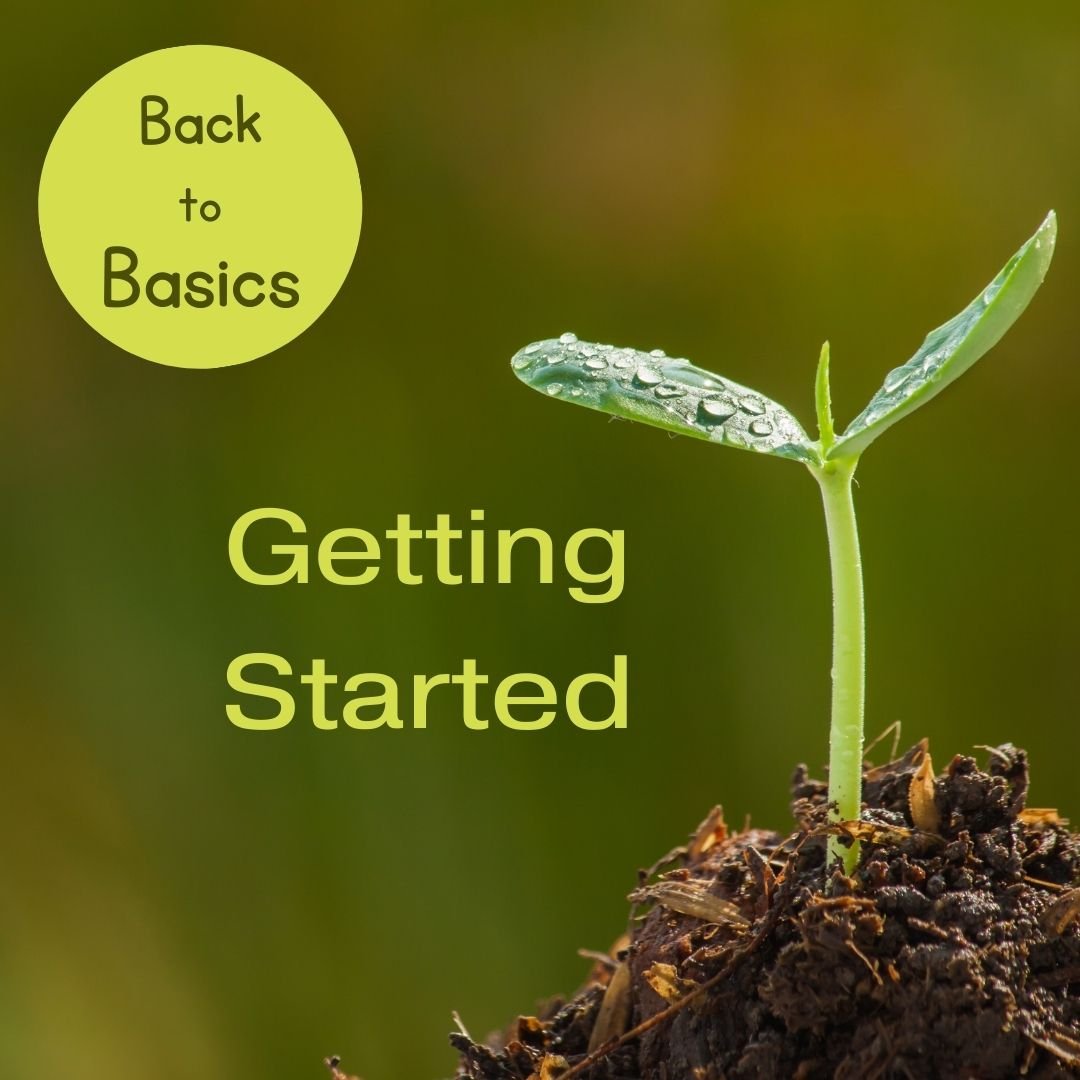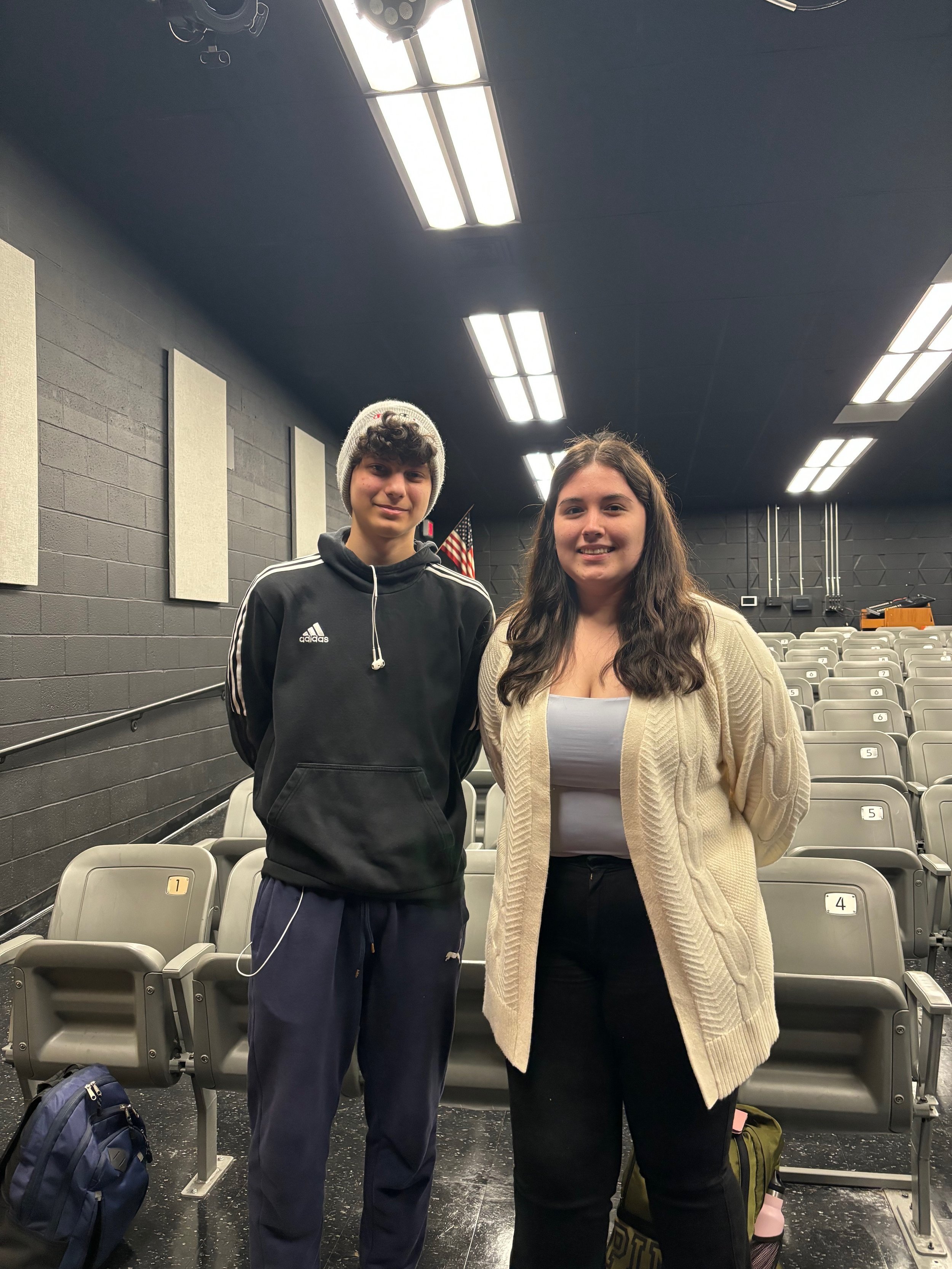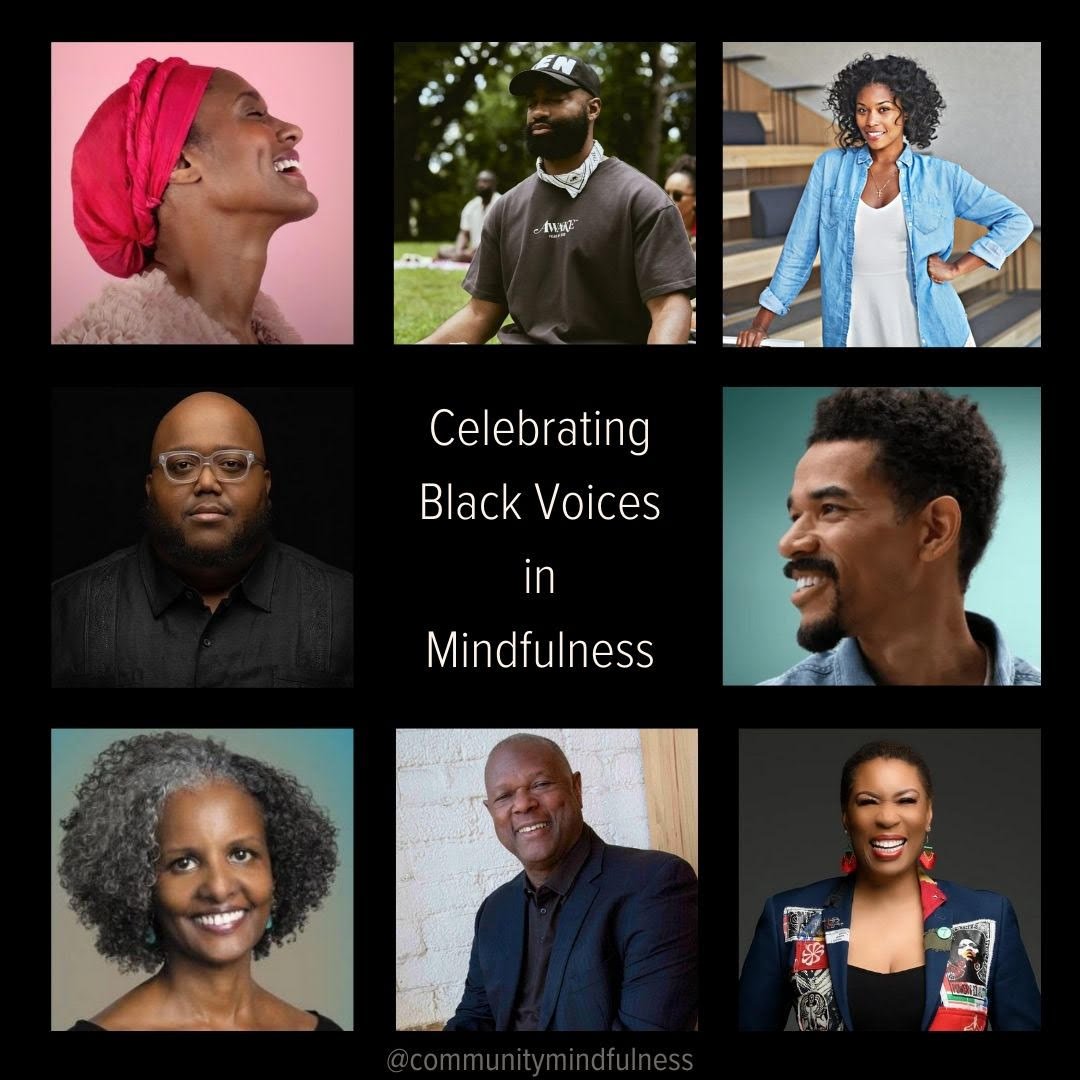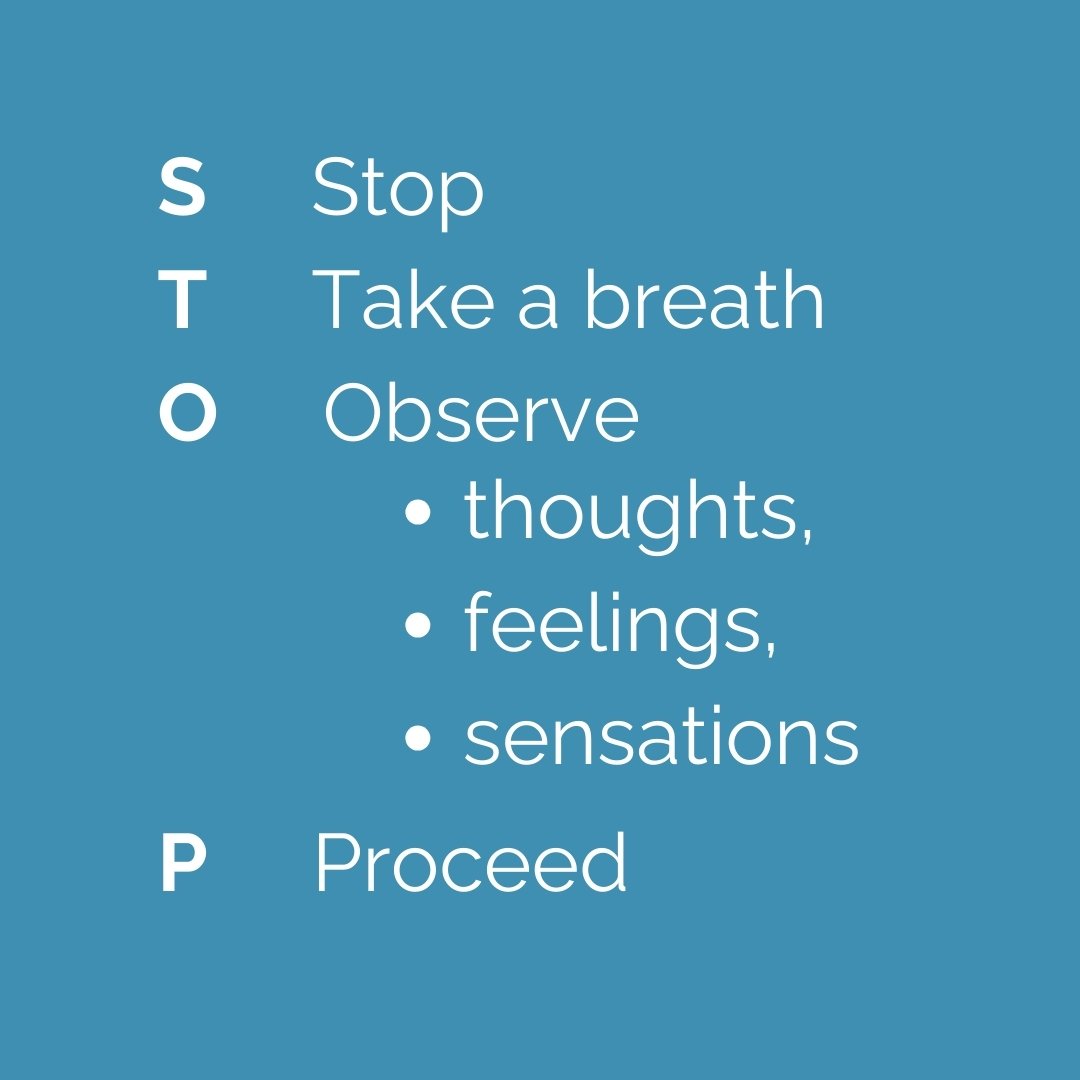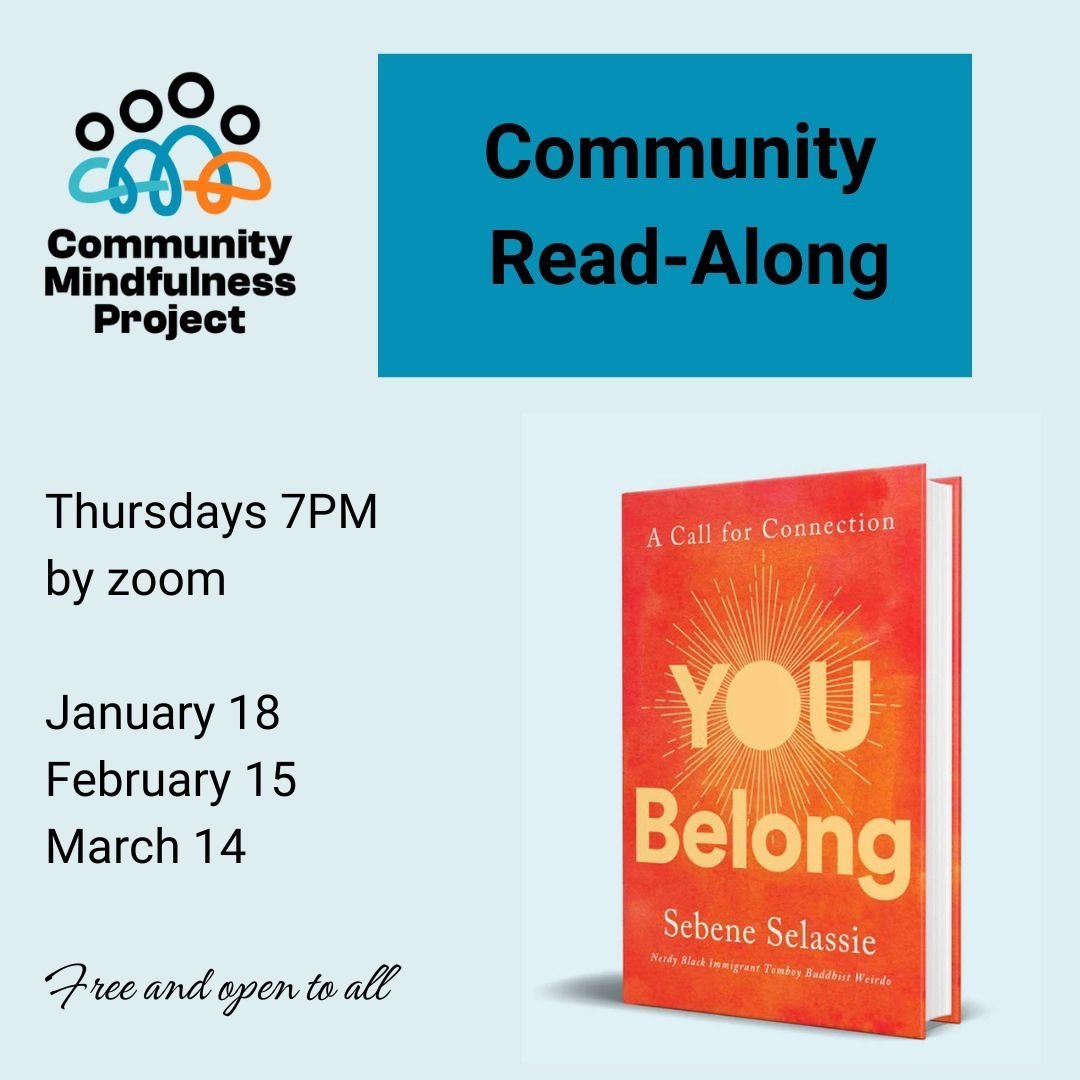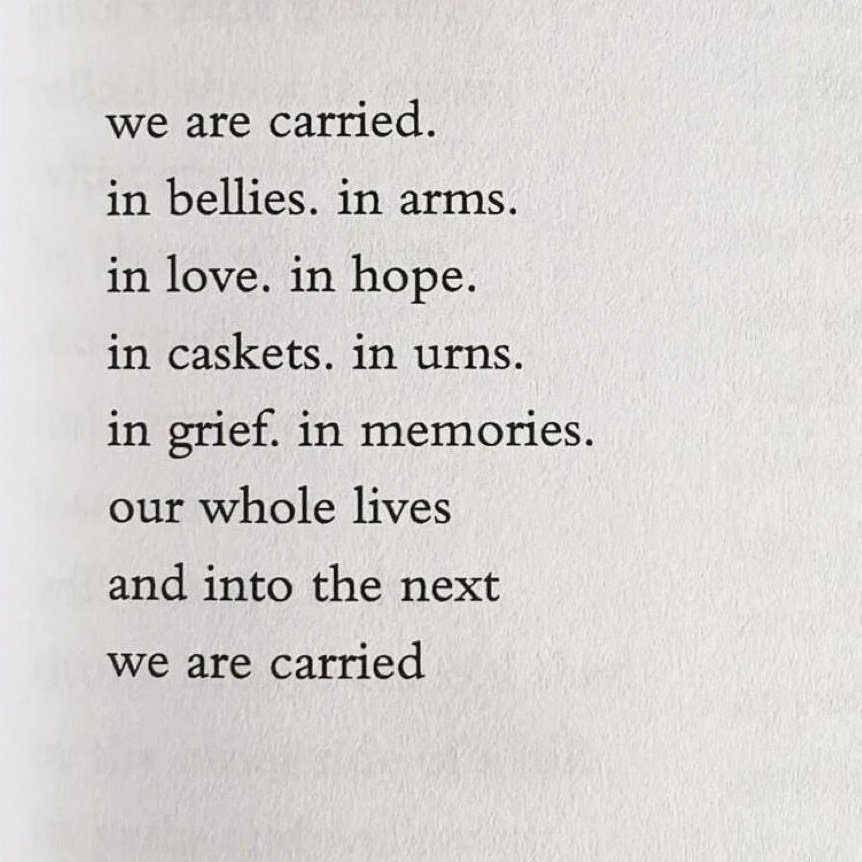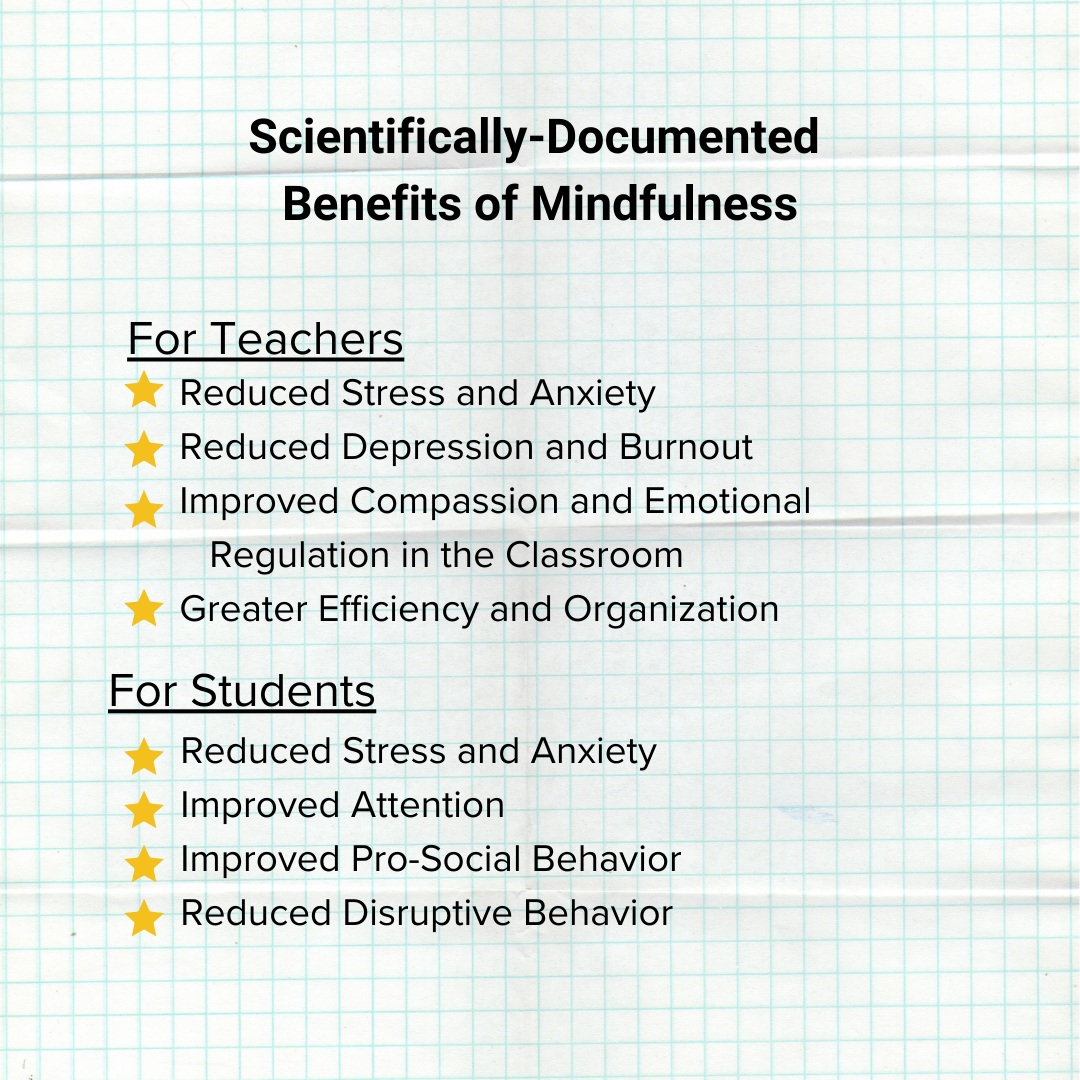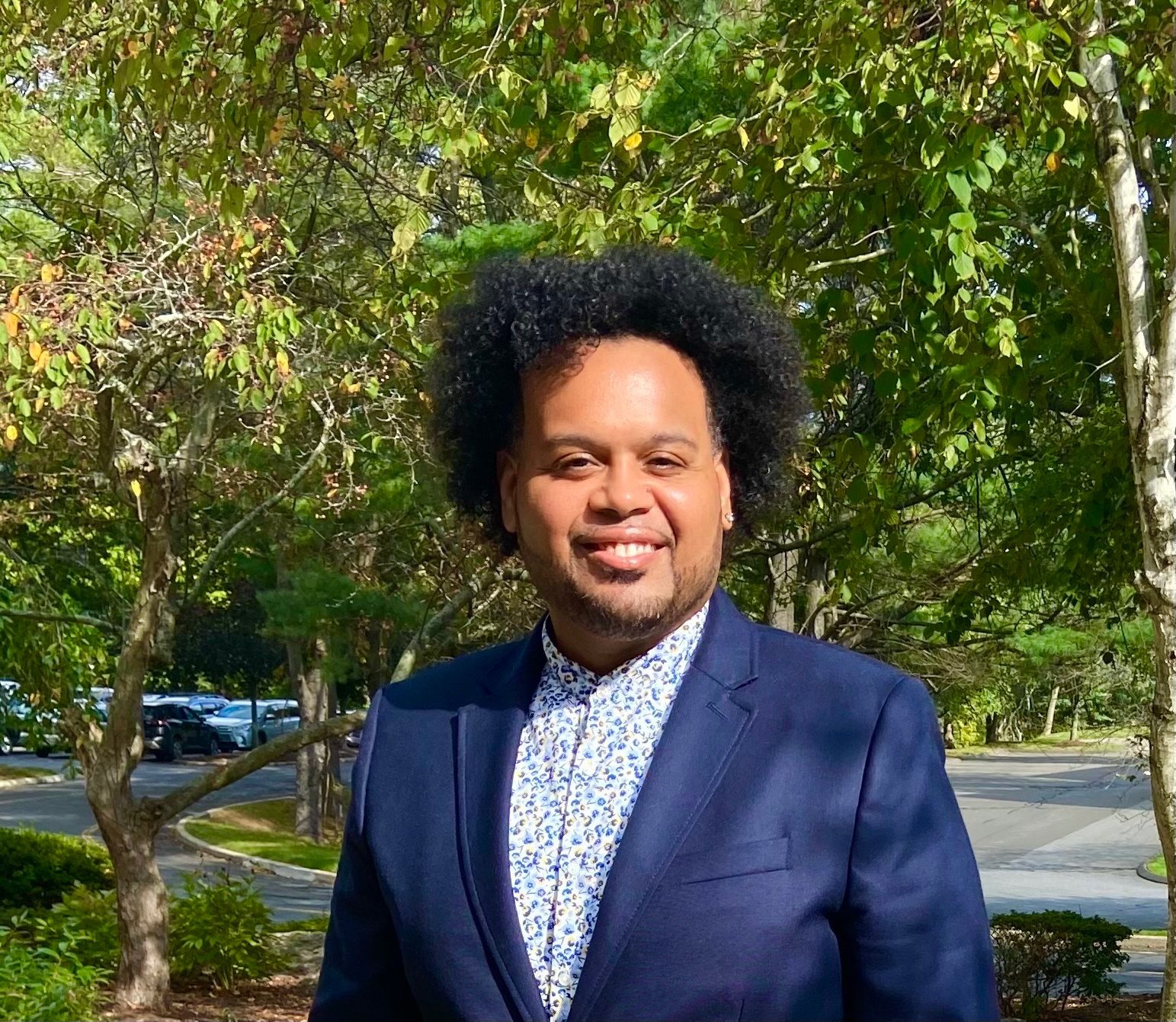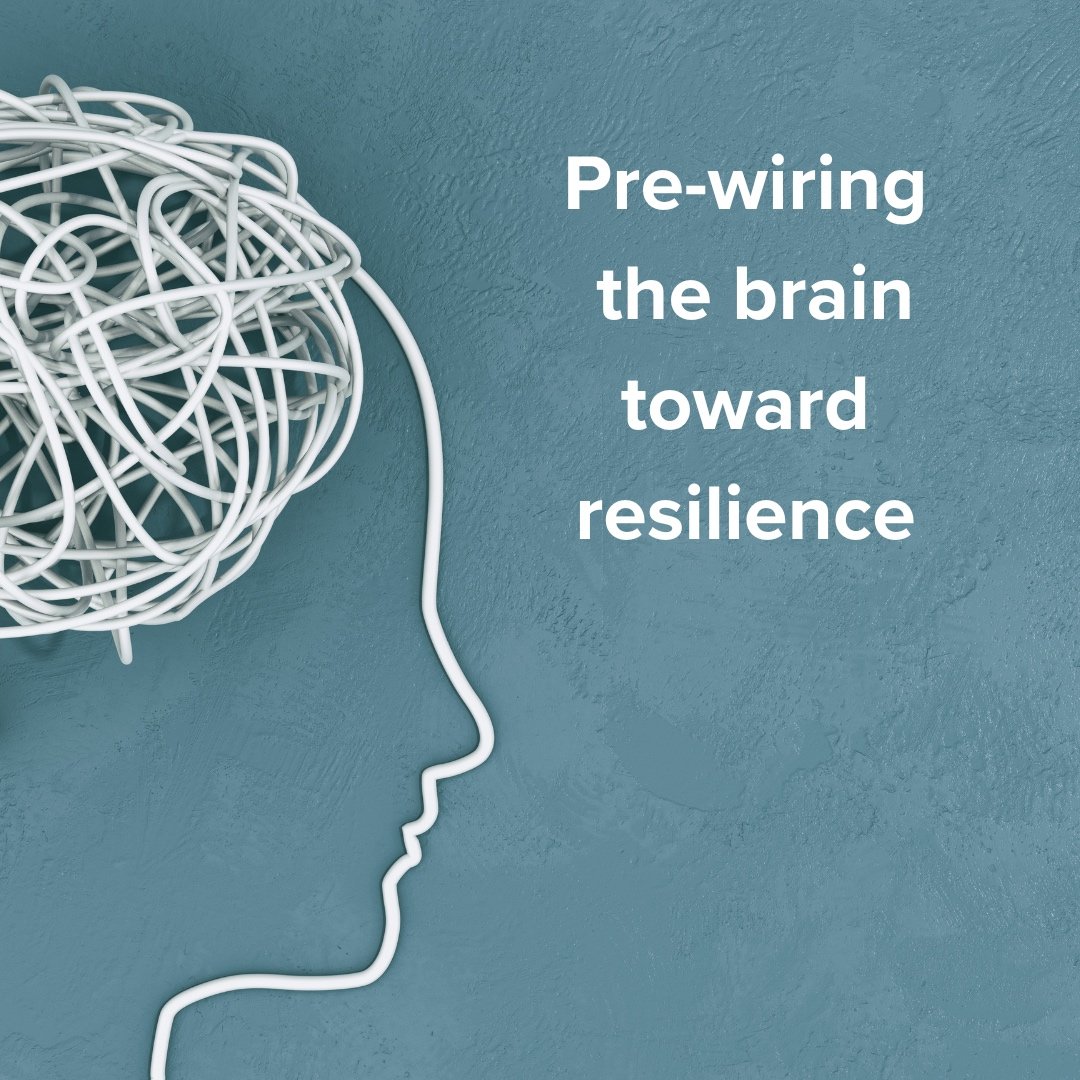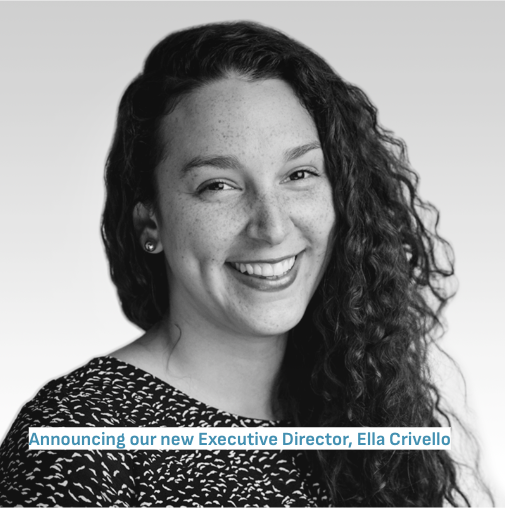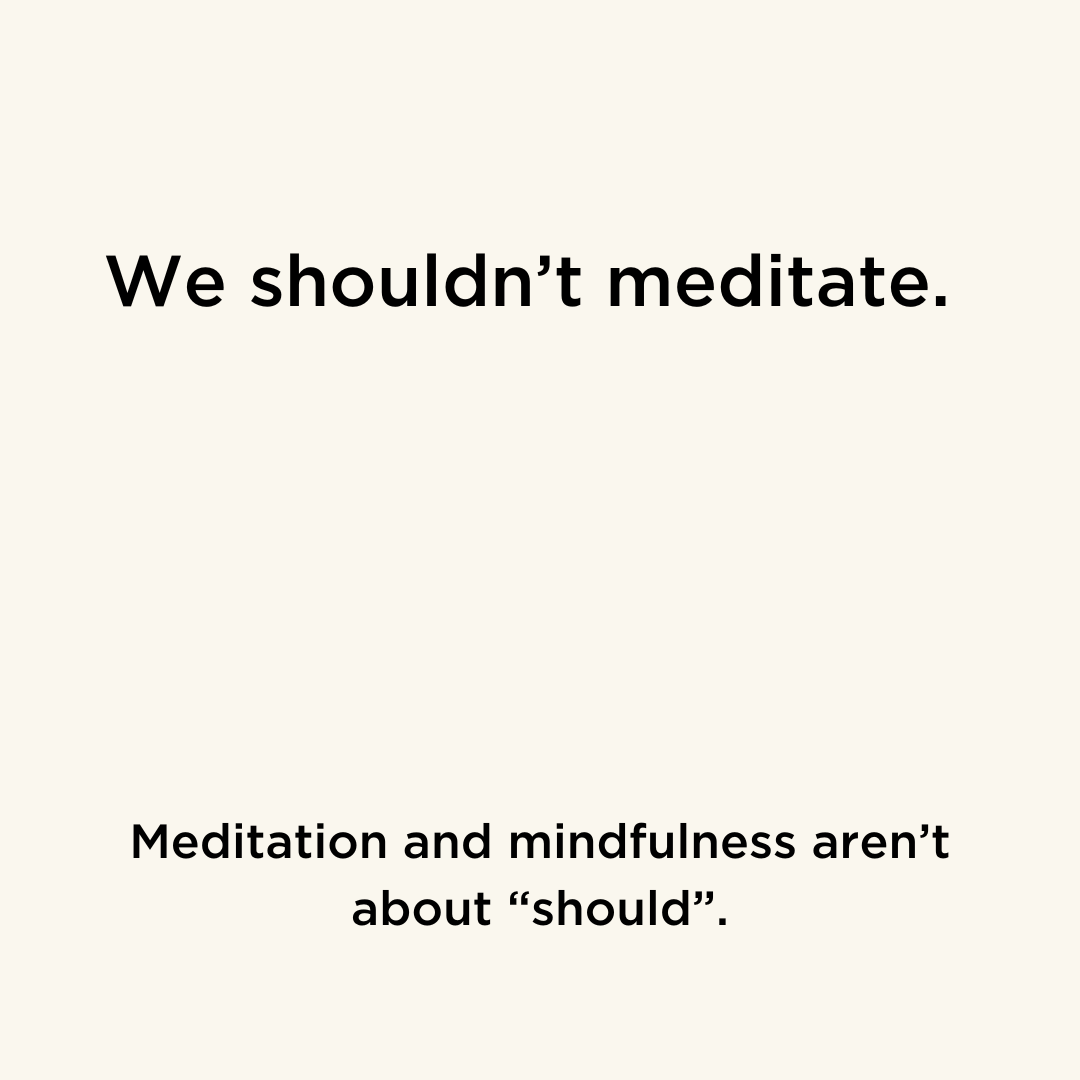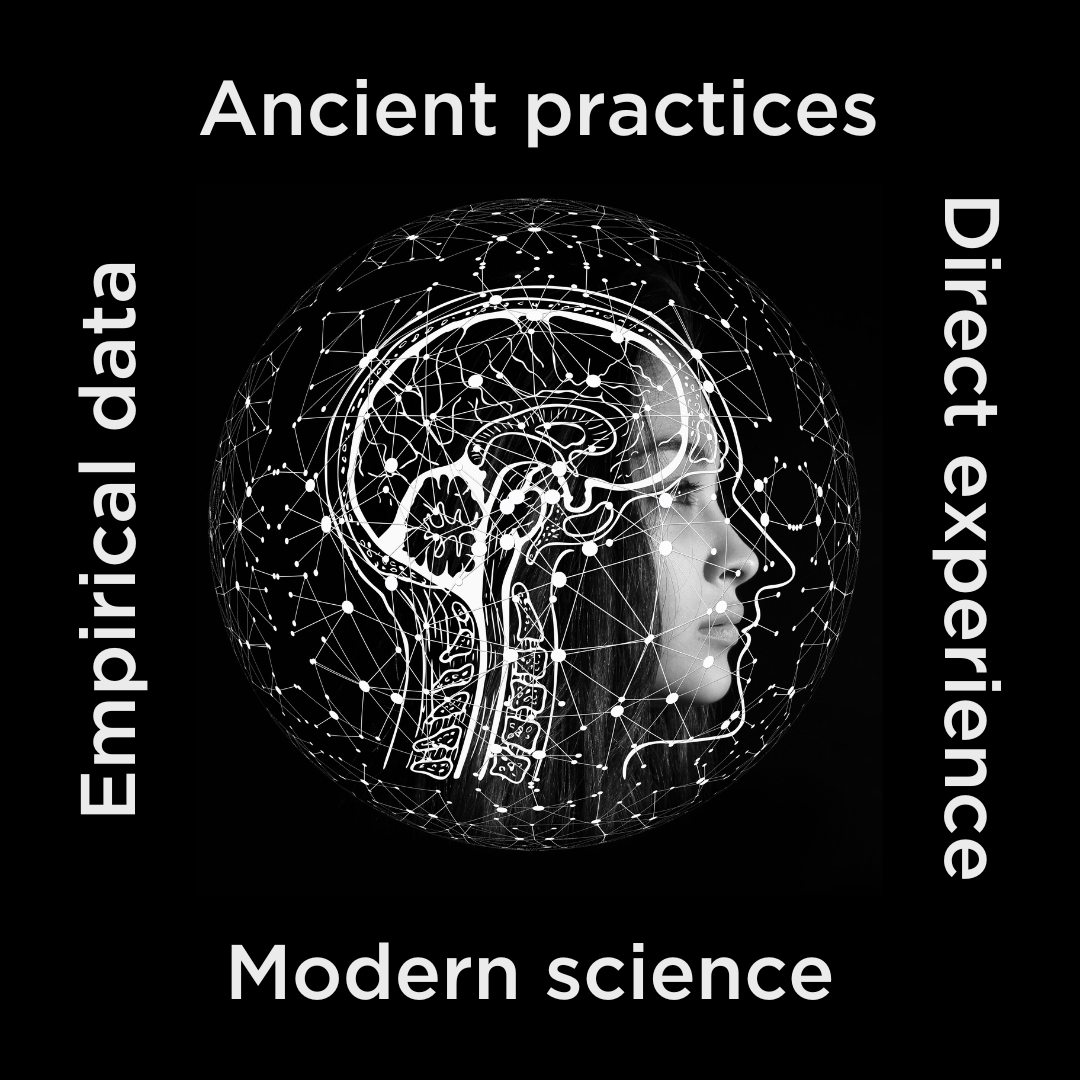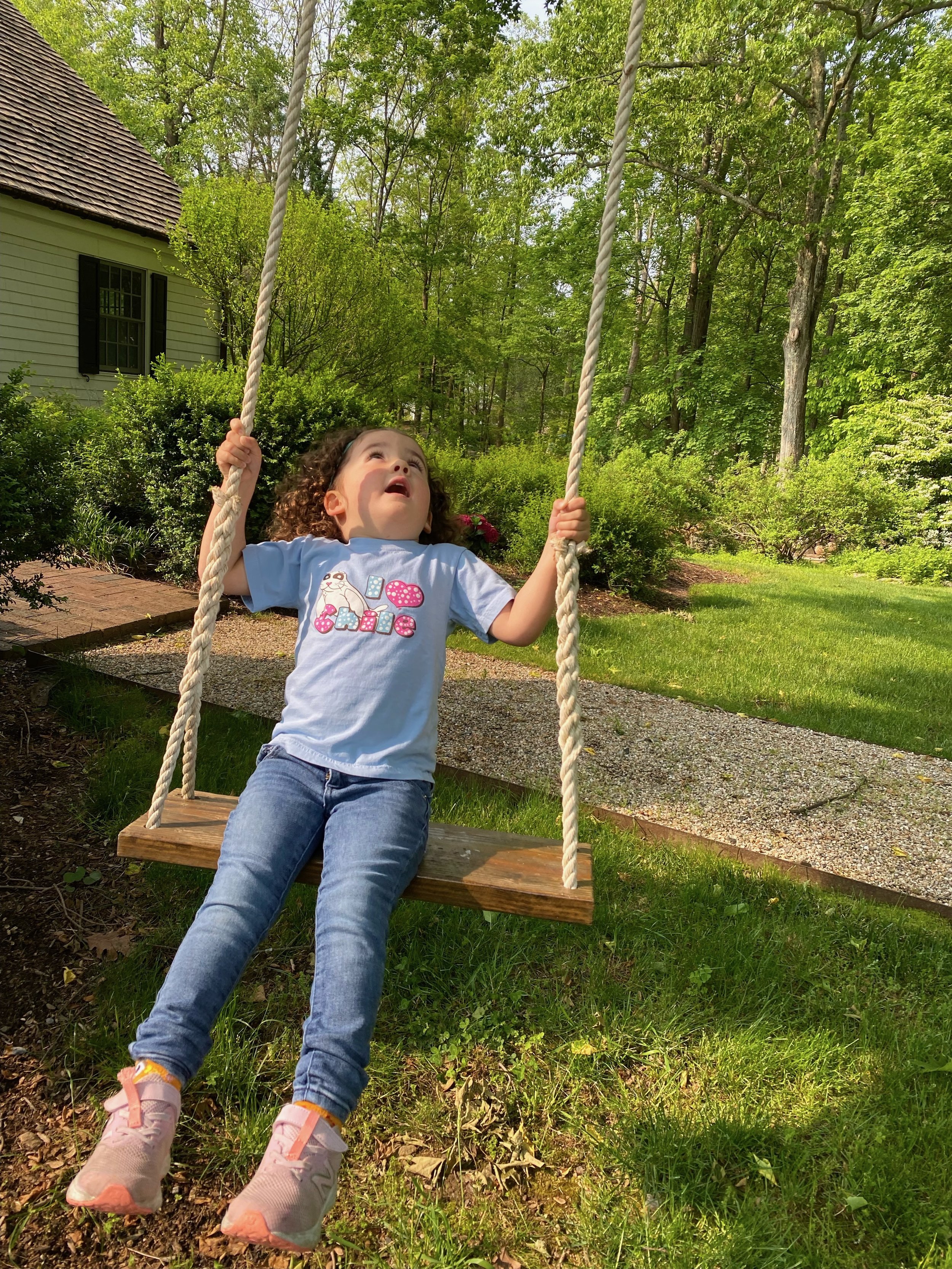Audio Discussions & Guided Meditations
Guided meditations have no preamble or discussion.
They begin and end with the sound of the chime. There are periods of guidance and stretches of silence. All are suitable for first-time meditators (though we suggest listening to the discussion before doing the meditation if possible) and long-time practitioners, and everyone in between.
Discussions offer an explanation of a practice.
They answer the questions: What is the practice? Why do we practice it? How do we practice it? and How do we integrate this practice into our everyday life? You may wish to listen to a discussion before doing a guided meditation for the first time, or you may wish to listen to it as a refresher.
FAQ
-
Attention is your superpower. And in today’s world, your attention is highly sought after, commoditized and spread thin.
Mindfulness is giving yourself the tool to pay attention to this moment, and this one, and this one...with kindness and curiosity.
Meditation is a set of practices (one of which is Mindfulness) to build healthy habits of the mind.
Mindful meditation is often called a practice because there is no right or wrong way to do it. Sitting quietly is beneficial.
You can keep your eyes open during our meditations, or "hooded" (half-open/half-closed), whatever helps you feel safe and relaxed.
-
Mindfulness has been shown to support mental health by helping to manage stress, regulate emotion, and foster a sense of connection. Humans are meant to experience acute stress briefly and infrequently, when threats are actually present. These days, our untrained wandering minds feed us a constant stream of potential threats or past events that caused high levels of stress. Our nervous systems don’t know the difference between those and a real threat in the moment, so we live in a state of unhealthy, distress much of the time.
The good news is that we can train our minds to be more attuned to the present moment, and we’re almost always much better off in the present moment than in the future or past moments our mind generates for us.
Mindfulness-based interventions have been shown to reduce or prevent levels of anxiety, fear, OCD, chronic pain and depression, improve focus and help with addiction.
Mindfulness-based interventions have demonstrated in reducing stress, behavioral symptoms, proinflammatory signaling in younger breast cancer survivors and even early research on surprising protection against Alzheimer’s.
According to the Office of Disease and Prevention and Health Promotion, we know preventing and managing long-term stress in an accessible way can lower your risk for other conditions like heart disease, obesity, high blood pressure and depression.
-
We are Community Mindfulness Project because you are not alone in craving and searching for community.
All available programs coming up in person can be found in the schedule of the “Join Us” section of our site.
When we come together to support each other as a community, we are more connected & ever more resilient. We prioritize our initiatives on counterbalancing the overwhelming lean towards isolation that recent advances in technology and the pandemic have exacerbated. When we meet community members at their work, school or in public places that bring them together with their friends, family and others they can find connection with, the spaces become conducive to advancing positive relationships, identifying common needs and challenges, and gratitude.
-
Yes! We are proud to not turn anyone away at our community programming in person and virtually. Our programming is made possible by the generous support of donors, corporate and foundation funders.
Scholarships can also be made available for anyone who would like to join our training programs.
To support making mindfulness accessible for all, please donate here
-
Yes! Beginners are encouraged to join us, and you will be supported by the faciltator and community members also present. There is no need to bring or wear anything special. You can arrive just as you are. Most people sit in a chair and chairs are always available. Much of the time we will be still so you may wish to bring a light sweater, but no special clothing is required.
-
Our founders and facilitators have collectively been trained in many evidence-based mindfulness programs including Mindfulness-Based Stress Reduction, Mindful Self Compassion, Mindfulness-Based Cognitive Therapy, Mindful School’s curriculum, Cultivating Emotional Balance and Mindfulness in Schools Project's .B program, Mindfulness and Meditation Teacher Certification Program (Tara Brach and Jack Kornfield) and Deep Play for Kids, among others. This allows our services of…
1)Meditation & nonviolent communications sessions and workshops
2) Community listening, brave space conversations and
3) Peer and Expert Training & support for affiliates, facilitators
…to be an ever evolving process that meets the unique needs of TODAY not yesterday.
We know that our communities are constantly changing so listening is a critical part of our training through our “Framework of Engagement”. The 4 steps in this framework are to
Identify: Assess Data of economic and health indicators to prioritize and reach communities with highest unmet needs first
Listen & Learn: Meet with local stakeholders and community leaders
Serve: Deliver community-centric mindfulness programming
Train: Develop corps of in-community mindfulness facilitators and nonprofit champions
-
You can sign up at our Join Us page. If you have any questions at all reach us at welcome@communitymindfulnessproject.org
-
We would love to hear from you! Please reach out to our Executive Director to share more about your organization and how you believe we can partner: ella.crivello@communitymindfulnessproject.org
Have more questions or curiosities? Reach out to us! We would love to help you learn about the tool of mindfulness and how it may help you and your community.






















































